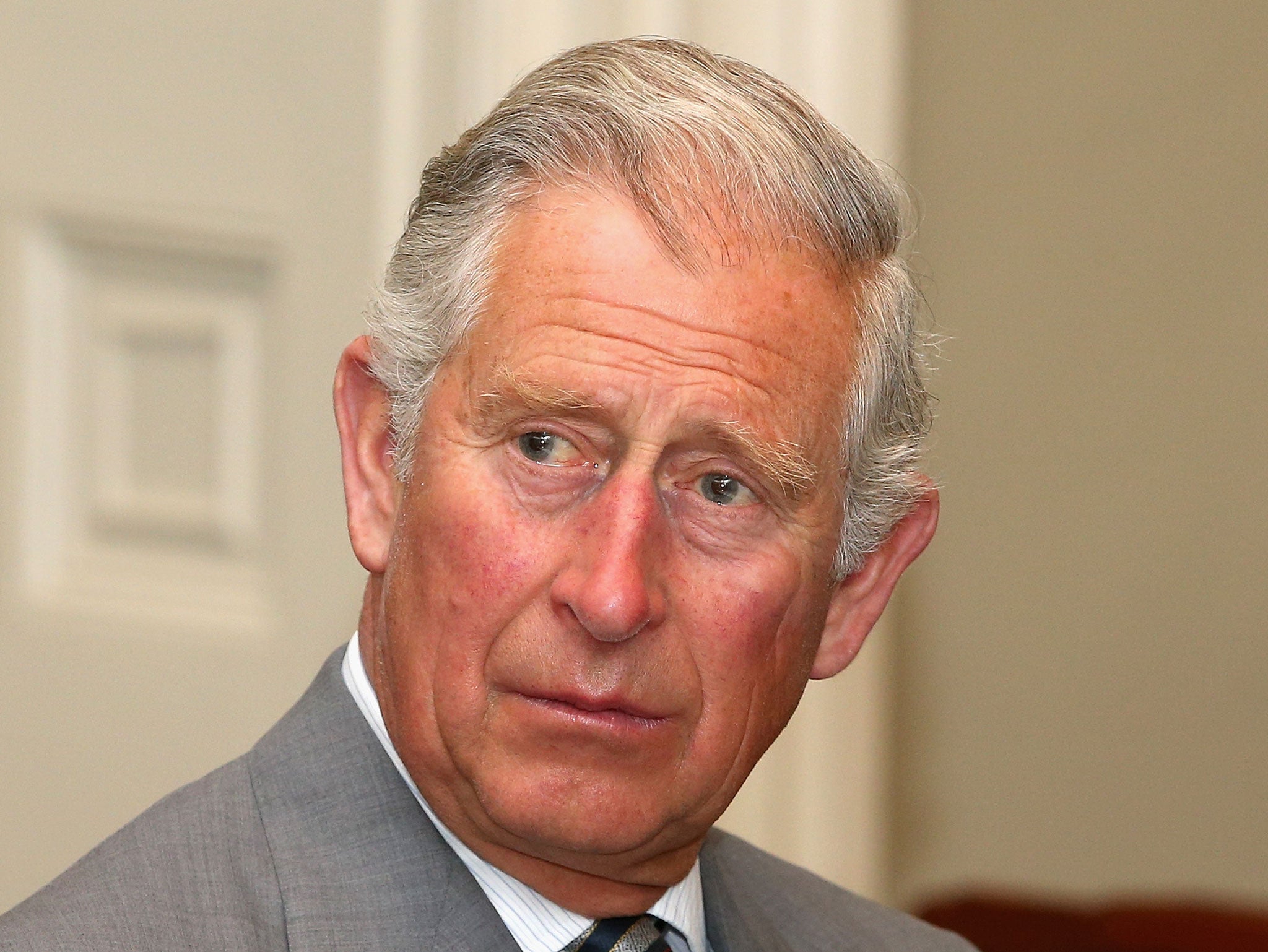Letters from Prince Charles to ministers should be made public, the Supreme Court rules
The Government had tried to veto the release of the letters

Letters from Prince Charles to government ministers should be made public under freedom of information law, the Supreme Court has ruled.
The Guardian newspaper requested the 27 letters under the Freedom of Information Act in 2005, months after the act came into force.
The requests aimed to discover how much influence the Prince of Wales had on government policy, if any – but have led to a ten-year legal battle.
Later leaks suggested the Prince made his views known to ministers on subjects he felt strongly about.
Judges at the Supreme Court overwhelmingly rejected the Government’s stance that the letters should not be released, ruling by five votes to two that a ministerial order preventing their publication was not lawful.
“The Supreme Court dismisses the Attorney General’s appeal. By a majority of 5:2 the Court considers that the Attorney General was not entitled to issue a certificate under section 53 FOIA 2000 in the manner that he did and therefore that the Certificate was invalid,” a summary of the judgement read.
The Supreme Court is Britain's highest court and it can only be overruled by the European Court of Human Rights.
The ruling may be the final chapter in a series of legal challenges and appeals by both the newspaper and the Government.
Government departments initially refused to confirm whether they even held the letters, a stance that was confirmed by the Information Commissioner, who enforces the Freedom of Information Act.
The Guardian initially launched a legal challenge in the Upper Tribunal, which reviews administrative decisions.
The tribunal decided that the letters should be disclosed, but its decision was vetoed by the Attorney General, Conservative MP Dominic Grieve.
He argued that the Prince had “the expectation that [the correspondence] would be confidential”.
“Disclosure of the correspondence could damage the Prince of Wales’ ability to perform his duties when he becomes King,” he said at the time.
The newspaper launched a legal challenge against the veto in the High Court, which was rejected. It then took its case to the Court of Appeal, which accepted the newspaper’s case.
The Government then appealed the case in the Supreme Court, leading to the decision announced today.
In 2011 the Coalition Government changed the law to introduce an absolute exemption for the Royal Family from freedom of information legislation.
This means that correspondence and comments relating to the monarchy will no longer be disclosed even if it is in the public interest to do so.
The Guardian request, however, was made before the change in the law, having being lodged in 2005.
It represents a final chance to scrutinise the influence of the British monarchy, barring a change in the law.
The Guardian’s editor-in-chief, Alan Rusbridger, said in a statement: “We are delighted the Supreme Court has overwhelmingly backed the brilliant 10-year campaign by Guardian reporter Rob Evans to shine daylight on the letters Princes Charles has been writing to ministers.
“The government wasted hundreds of thousands of pounds trying to cover up these letters, admitting their publication would ‘seriously damage’ perceptions of the Prince’s political neutrality. Now they must publish them so that the public can make their own judgment.”
David Cameron criticised the judgement, however: “This is a disappointing judgment and we will now consider how to release these letters. This is about the principle that senior members of the Royal Family are able to express their views to government confidentially. I think most people would agree this is fair enough.
“Our FOI laws specifically include the option of a governmental veto, which we exercised in this case for a reason. If the legislation does not make Parliament’s intentions for the veto clear enough, then we will need to make it clearer.”
Join our commenting forum
Join thought-provoking conversations, follow other Independent readers and see their replies
Comments
Bookmark popover
Removed from bookmarks